Benefits of data digitization
Tourists increasingly prioritize authentic, unique experiences with deep interaction with the local community, instead of mass, similar tours. Along with that is the requirement to reduce time and costs for planning, while being able to design flexible, diverse trips that suit personal preferences. In that trend, building a "smart tourism ecosystem" is a prerequisite for tourism development, while ensuring green and sustainable factors.
Mr. Duong Hong Tuan, director of a practical tourism academy, suggested that current AI tools can help tourism businesses propose itineraries according to customers' wishes and easily access and interact with all subjects. However, the AI analysis system needs an accurate database from guaranteed sources to be able to provide the best and most feasible advice to tourists. The question is, where is this digital database? Is the accuracy of the data guaranteed?
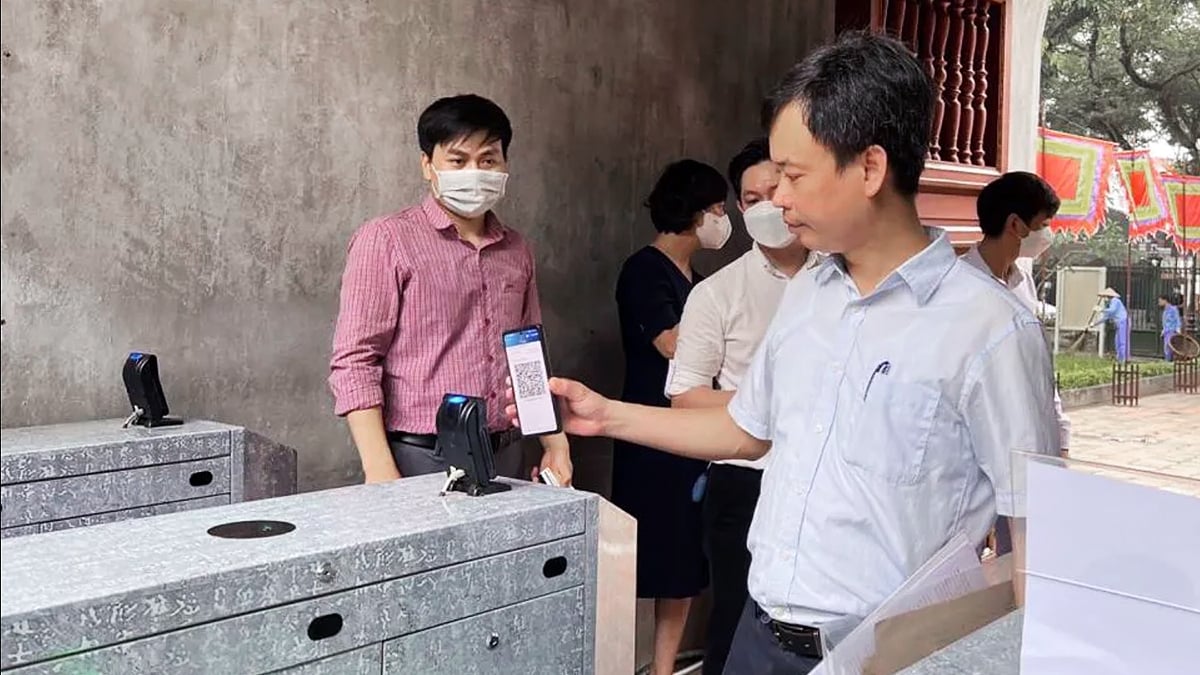
Visitors use QR codes to visit the Temple of Literature. (Photo: vanmieu.org.vn)
Director of a travel company, Mr. Nguyen Van Tai commented: When having access to an accurate tourism resource database, businesses will build more scientific routes and tourism programs. The route of each trip is designed to be optimal in terms of geography, convenient in terms of transportation and harmonious in terms of taste according to each type, according to each group of resources to avoid boring duplication and save time.
When businesses and localities synchronize tourism data systems, connect information about destinations, services, infrastructure, number of visitors, service capacity... it will create a "smart tourism ecosystem", where data is the foundation for customers to make decisions, businesses to design products, management agencies to build policies and tourism promotion programs accurately, flexibly and effectively.
Need to complete digital tourism database
According to tourism experts, although digitalization will facilitate tourists, it is not easy to implement this activity, because tourism products are made up of a service supply chain. To digitize, businesses must restructure their business processes. However, not all businesses are ready and capable of doing so, especially small and medium enterprises. Therefore, management agencies need to build a digital data infrastructure to help businesses have the basic resources to innovate technology.
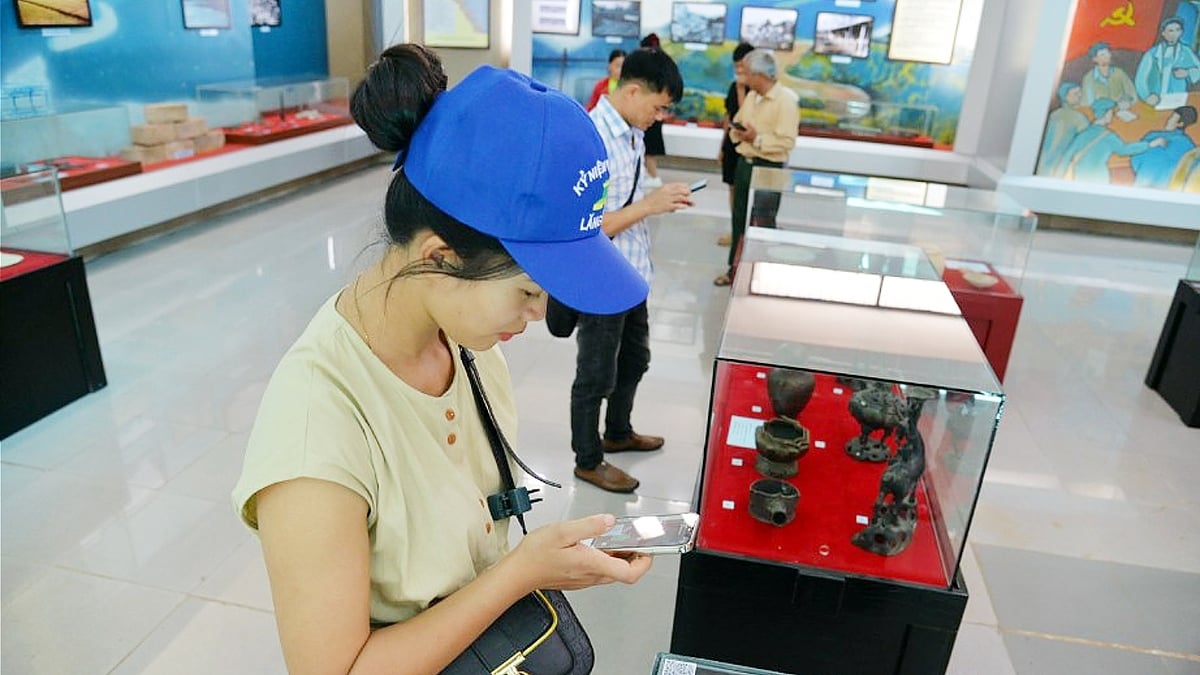
Visitors learn information through a digital application at Lang Son Provincial Museum. (Photo: BTLS)
According to Dr. Le Hong Vuong, Van Hien University, smart tourism currently faces challenges, which are the need to complete digital infrastructure, ensure the availability and stable connection of telecommunications networks at tourist destinations. In addition, it is necessary to secure and protect customer data... To do this, there must be synchronous participation of relevant parties to promote the application of technology in the tourism industry, while developing digital infrastructure and open data. Tourism businesses develop smart products and services, use data to better understand the needs of tourists and cooperate together.
The Chairman of the Vietnam Tourism Association said that before traveling, tourists often start by searching for information about their destination. Therefore, it is necessary to build and operate a national digital database system that provides information to tourists in a professional manner. However, to do this, the Vietnamese tourism industry needs to develop a plan to digitize data on tourist destinations and, importantly, have strong foundations for this data source to be widely disseminated.
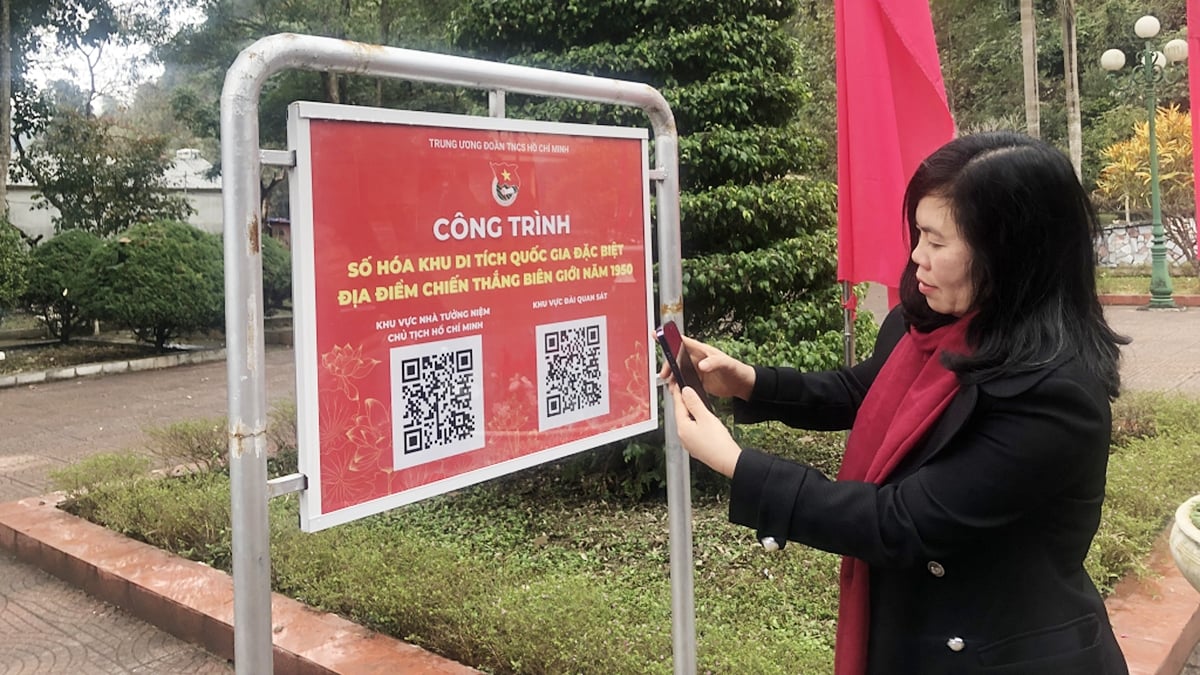
Tourists learn information via QR code. (Photo: DLĐB)
“In the current global digital era, completing a digital database also helps to improve efficiency and save a lot of costs in promoting, advertising, introducing destinations and products, and maximizing the interaction between tourists and tourism service providers. With artificial intelligence tools and open social networking platforms like today, as long as there is a reliable database, approaching and connecting with customers is extremely simple,” Mr. Nguyen Van Tai shared.
However, digital transformation, digitization of tourism databases and the construction of a "smart tourism ecosystem" in Vietnam still have certain limitations. According to Mr. Duong Hong Tuan, the current digitization of tourism databases at the local and enterprise levels, especially small and medium-sized enterprises, is fragmented, lacks systematic investment and does not have a long-term strategy. This situation is partly due to a lack of resources and specialized personnel, and partly due to a lack of awareness. "Tourism businesses, whether large or small, need to proactively transform themselves on three axes: Thinking based on databases; Investing in technology infrastructure and applying artificial intelligence in product development, improving customer experience; Connecting and sharing data with the national system to create a digital ecosystem closely linked between managers - businesses - communities and tourists", Mr. Duong Hong Tuan emphasized.
Source: https://bvhttdl.gov.vn/so-hoa-de-hoan-thien-he-sinh-thai-du-lich-thong-minh-20250801103354813.htm








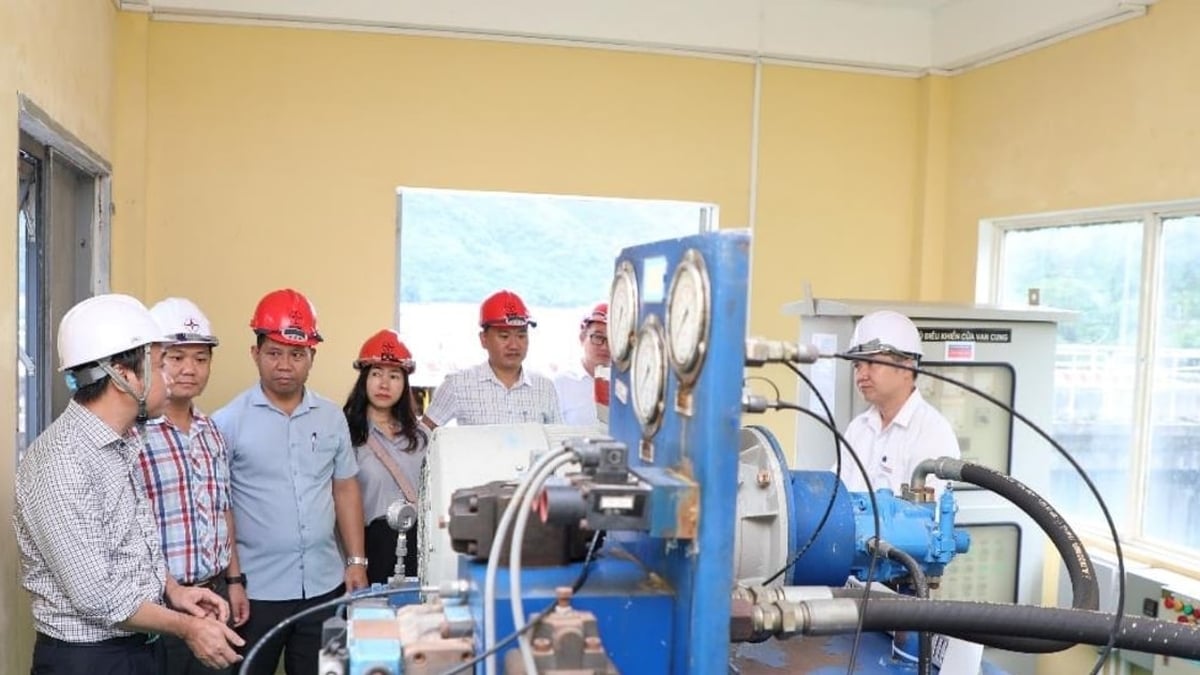

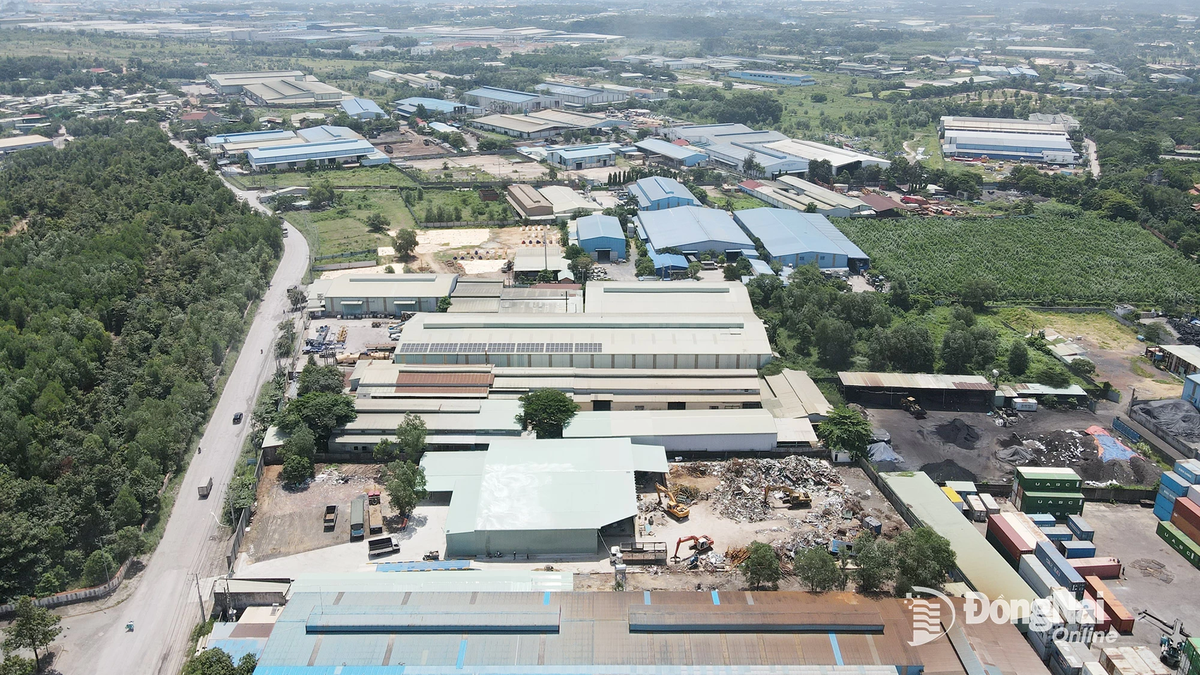
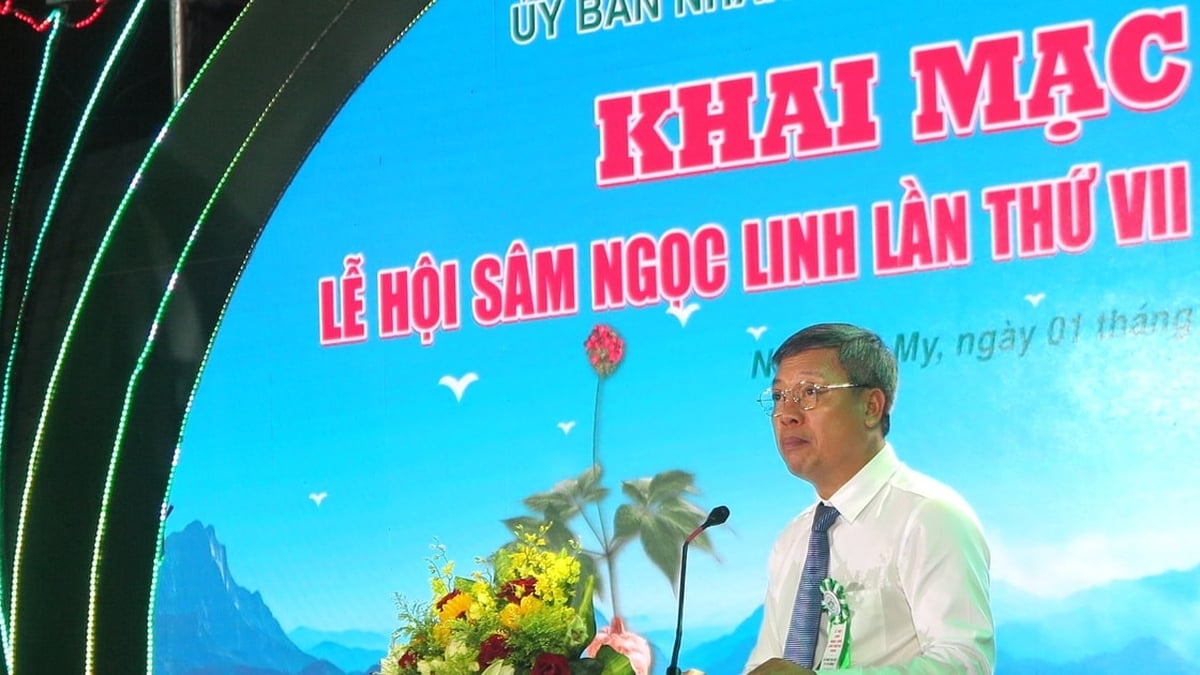




























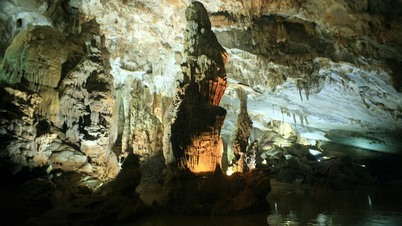

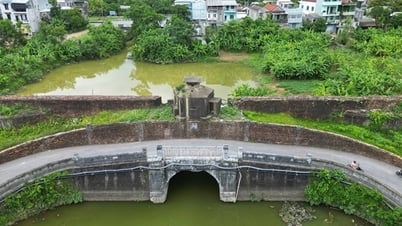











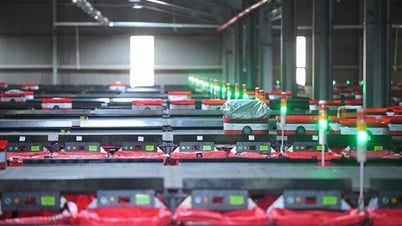



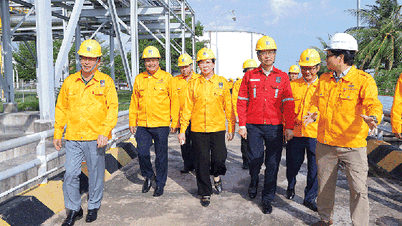





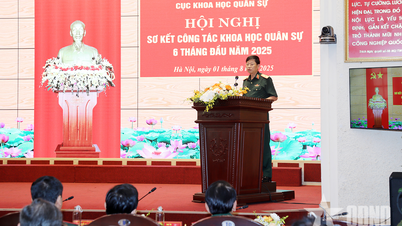

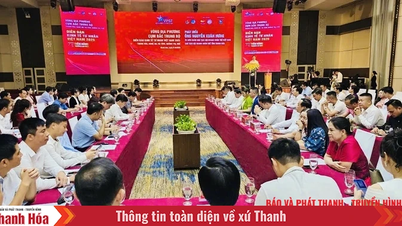




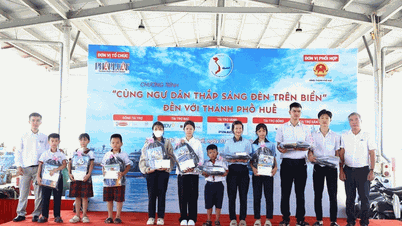






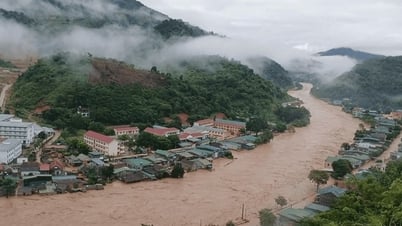























Comment (0)